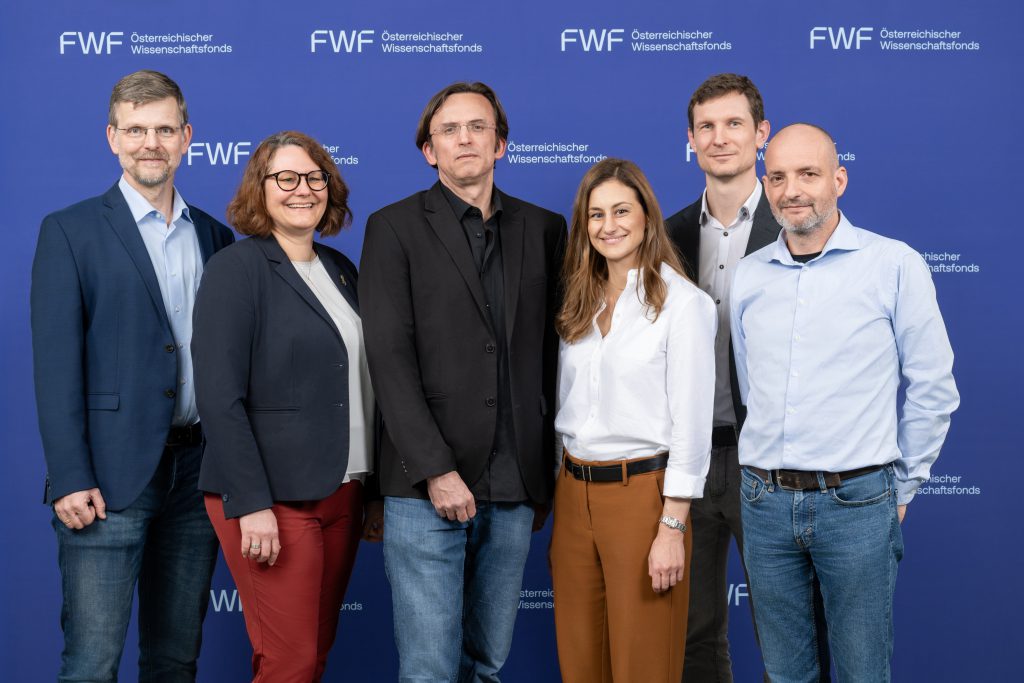United Fight Against Osteosarcoma: Innovative T-Cell Therapy Research
(Vienna, March 12, 2024) The St. Anna Children’s Cancer Research Institute is at the forefront of a groundbreaking research initiative targeting osteosarcoma, the most prevalent aggressive bone cancer in children and young adults. The project, DART2OS, spearheaded by the Institute of Molecular Pathology (IMP) and supported by the Austrian Science Fund’s “Emerging Fields” excellence initiative, aims to revolutionize osteosarcoma treatment with advanced T-cell therapies over the next five years.
Osteosarcoma’s complexity, characterized by its aggressive nature and multiple genetic mutations, has challenged scientists and hindered targeted therapeutic advancements. The conventional chemotherapy approach has seen minimal progress over four decades. DART2OS is set to change this landscape by developing cutting-edge cellular therapies that empower the immune system to combat this challenging cancer effectively.
Funded with 5.7 million euros, the project is part of the FWF’s “Emerging Fields” program, highlighting its significance and the competitive nature of the funding. Johannes Zuber, PhD of the IMP leads a consortium of experts, including Sabine Taschner-Mandl, PhD from St. Anna Children’s Cancer Research, Anna Obenauf, PhD from IMP, Johannes Huppa, PhD from the Medical University of Vienna, Dietmar Rieder, PhD from the Medical University of Innsbruck, and Michael Traxlmayr, PhD from the University of Natural Resources and Life Sciences. Their collective expertise is poised to make significant strides in cancer research, particularly in developing TCR-T-cell therapies.

Directing T-Cells Against the Tumor
The project’s innovative approach involves a detailed analysis of tumor-specific mutations and their visibility to T-cells, which are often inhibited by the tumor itself. By examining 20 to 30 detailed samples, the research team aims to uncover why osteosarcomas evade immune system attacks, setting a precedent for rare cancer research.
DART2OS ‘s mission extends beyond osteosarcoma. By harnessing patient-specific TCR-T-cells capable of recognizing and destroying cancer cells, the project lays the groundwork for personalized immunotherapies that could transform treatment protocols for various cancers. Dr. Johannes Zuber emphasizes the collaborative effort to translate personalized TCR-T-cell therapies into viable treatments for pediatric cancers, marking a significant leap forward in oncology.